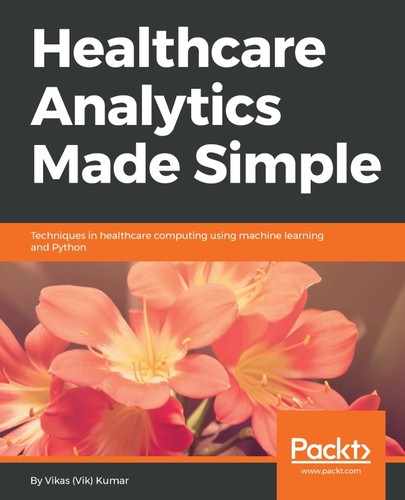What are some of the current obstacles that must be overcome in order to achieve widespread use of analytics for improving healthcare?
- Healthcare has traditionally been slow to adopt emerging technologies, and this is a challenge that must be overcome. Healthcare has been described as a conservative field, one that is slow to embrace change. For example, there was some initial resistance to the idea of using electronic blood pressure cuffs in hospitals. Also facing skepticism and resistance was the advancement of electronic medical records, because of concerns that it takes away from the patient-physician interaction and increases the time required to write notes. Analytics and machine learning is certainly no exception; it is simply another new, unfamiliar technology, and while industries such as automotive and manufacturing embraced it with little issue, healthcare will likely be a different story.
- Perhaps an important underlying reason why doctors resist analytics and machine learning is the fear that computers are trying to "take over" or "replace" physicians. Certainly, we are a long way off from having that conversation, in terms of money, technology, and time. The machine learning studies we have discussed in this book are trained in very specific tasks, and of course, they rely on human intuition and judgment when being trained and interpreted. More likely, successful health analytics and machine learning will be achieved by utilizing a team approach, in which human strengths (such as generalizability and breadth of knowledge) are combined with computing strengths (speed and computational precision) to yield the best possible result. Still, the concern that physicians have about being replaced by computers is a real possibility, however distant, and we must find ways for physicians and artificial intelligence to work together rather than against one another.
- Another reason for skepticism toward analytics is the "hope versus hype" debate. Buzzphrases such as "big data" and "deep learning" sometimes carry negative connotations because of the hype surrounding them. Some people think that belief in these fields is overinflated. Specifically, skeptics of analytics and machine learning argue that most big data applications, while they "sound cool," rarely save lives or money. Certainly, these concerns are valid; contributing positively to society is something that all machine learning studies should strive for, rather than simply demonstrating that something can be done.
